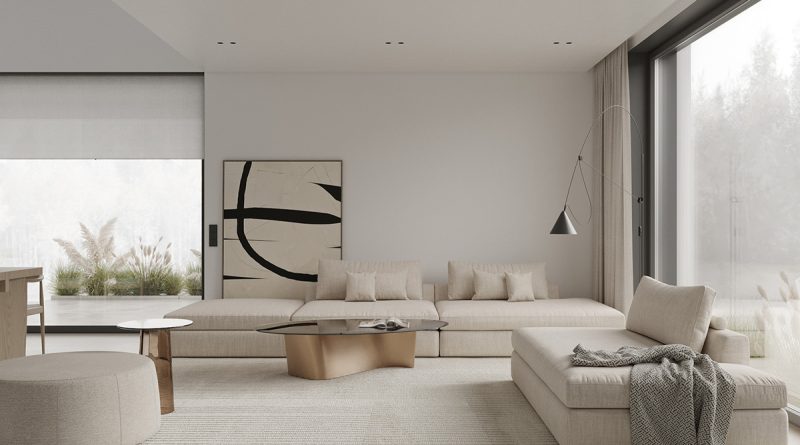How Minimalism Can Improve Your Life
Living in a cluttered environment can have a negative impact on our physical and mental well-being. Adopting a minimalist lifestyle and practicing decluttering can bring numerous benefits to our lives. In this article, we will explore how minimalism can improve various aspects of your life and enhance your overall well-being.
- Reduced Stress: One of the significant benefits of decluttering and embracing minimalism is a reduction in stress levels. A cluttered space can create visual and mental chaos, leading to feelings of overwhelm and anxiety. By decluttering and simplifying your surroundings, you create a sense of calm and order, which can help alleviate stress and promote relaxation.
- Increased Productivity: A clutter-free environment can significantly enhance productivity. When your physical space is organized and free from distractions, you can focus better on the task at hand. Minimalism encourages you to prioritize and eliminate non-essential items, allowing you to streamline your daily routines and make more efficient use of your time.
- Enhanced Mental Clarity: A cluttered space can contribute to mental clutter as well. When our surroundings are chaotic, it can be challenging to think clearly and make sound decisions. Minimalism helps to declutter not only our physical space but also our minds. By removing unnecessary possessions and distractions, we create room for mental clarity, improved concentration, and enhanced creativity.
- Improved Health and Well-being: Cluttered spaces can harbor dust, allergens, and contribute to poor indoor air quality. By decluttering and organizing your home, you create a cleaner and healthier living environment. Additionally, minimalism encourages mindful consumption, leading to a focus on quality over quantity. This shift can promote healthier lifestyle choices and reduce the accumulation of unnecessary possessions.
- Financial Benefits: Embracing minimalism can have significant financial benefits. By adopting a more intentional and mindful approach to consumption, you become more aware of your spending habits. Minimalism encourages you to prioritize your needs and values, reducing impulse purchases and unnecessary expenses. This, in turn, can lead to financial freedom, increased savings, and a more sustainable relationship with money.
- Enhanced Relationships: Excessive clutter can strain relationships, both with ourselves and others. It can create a sense of disconnection and make it challenging to fully engage with our loved ones. By simplifying our physical space and reducing distractions, we can cultivate deeper connections and more meaningful relationships. Minimalism encourages us to focus on experiences and quality time with others rather than material possessions.
- Environmental Impact: Minimalism aligns with sustainable practices and promotes environmental consciousness. By consuming less and decluttering responsibly, we reduce waste and minimize our ecological footprint. Minimalism encourages recycling, upcycling, and donating unwanted items, contributing to a more sustainable and eco-friendly lifestyle.




